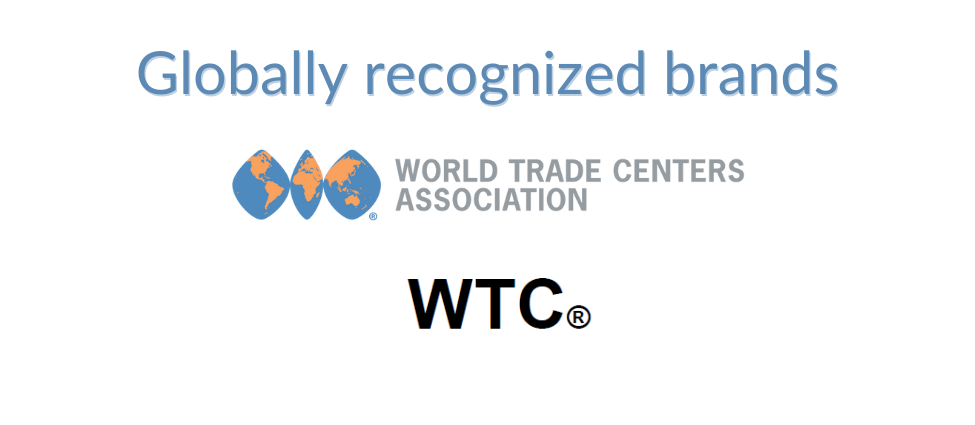

Being Moneywise: Lessons from Indian Culture
On the occasion of Mother's Day, World Trade Center Mumbai supported a specially curated Masterclass on 'Being Moneywise: Lessons from Indian Culture' organized by L&T Financial Services.
The class was conducted by Mr. Devdutt Pattanaik, Author and Mythologist, who writes on relevance of mythology in modern times, especially in the areas of management, governance and leadership. Mr. Pattanaik said, economic liberty for women comes from financial independence. Goddess Lakshmi (Goddess of wealth) brings liberation in our lives in the form of financial freedom. We, therefore, need to teach our children money management at the school and college level, and we should not be averse of the newer forms of financial instruments and investment assets.
He further added that we need to inculcate the values of ethical use of wealth in our children as success is not just determined by financial wealth, but also by our emotional, intellectual and spiritual wealth.
Mr. Kailash Kulkarni, Chief Executive Officer, L&T Mutual Fund/India, remarked that women are great financial planners. Women are born money managers because they are masters at financial planning, and are visionaries and always think from a wholistic point of view. Whether women are homemakers or working women, with little savings or above average incomes, they not only know how to run entire organisations called ‘Homes’, but also save within the given money available.
Mr. Kulkarni further added, however it is one thing to save money and another to manage and make it work for the future. The latter makes women truly empowered. Highlighting things that women should do for personal finances, he said, women should be a part of financial discussions at the time of decision making, do their own research by reading, exploring online, discussing with financial advisors on financial instruments that they invest in, not be afraid to ask questions, understand the significance and benefits of protection (life / health / home insurance), and focus on building wealth.
Speaking on the occasion, Ms. Rupa Naik, Executive Director, World Trade Center Mumbai, informed that India has slipped 28 places in the World Economic Forum’s Global Gender Gap Report 2021, and now ranks 140th among 156 participating nations. It is the third-worst performer among South Asian countries, only ahead of Pakistan and Afghanistan. The UN India Business Forum suggests that at 17 per cent, India has a lower share of women’s contribution to the GDP than the global average of 37 per cent. Achieving gender equality in India can add USD 700 billion to the GDP by 2025. The IMF estimates that equal participation of women in the workforce will increase India’s GDP by 27 per cent.
Ms. Naik further added that as per ILO estimates, female labour force participation rate in India stood at 21 per cent in 2019, as against the world average of 47 per cent. India lagged far behind its South Asian peers, namely, Nepal (82 per cent), Bhutan (59 per cent), Maldives (42 per cent), Bangladesh (36 per cent) and Sri Lanka (34 per cent). It was also behind Pakistan (22 per cent) and Afghanistan (22 per cent). NITI Aayog reports suggest that globally, women invest three times more time on unpaid care work than men. Whereas, in India, women spend 9.8 times more time on unpaid work than men.
Ms. Naik concluded her speech by informing that World Trade Center Mumbai supports women empowerment through its various programmes addressing the Sustainable Development Goals on Quality Education, Gender Equality, Decent Work and Economic Growth and Reduced Inequalities, leading international delegations for women entrepreneurs and verifying the ITC SheTrades app that connects women to the market.
The programme also had a Panel Discussion with leading women enablers who shared their insights on ‘The 21st Century Mother: Taking charge of your Financial Future’.
The programme was attended by women entrepreneurs, students and working women from different walks of life.
